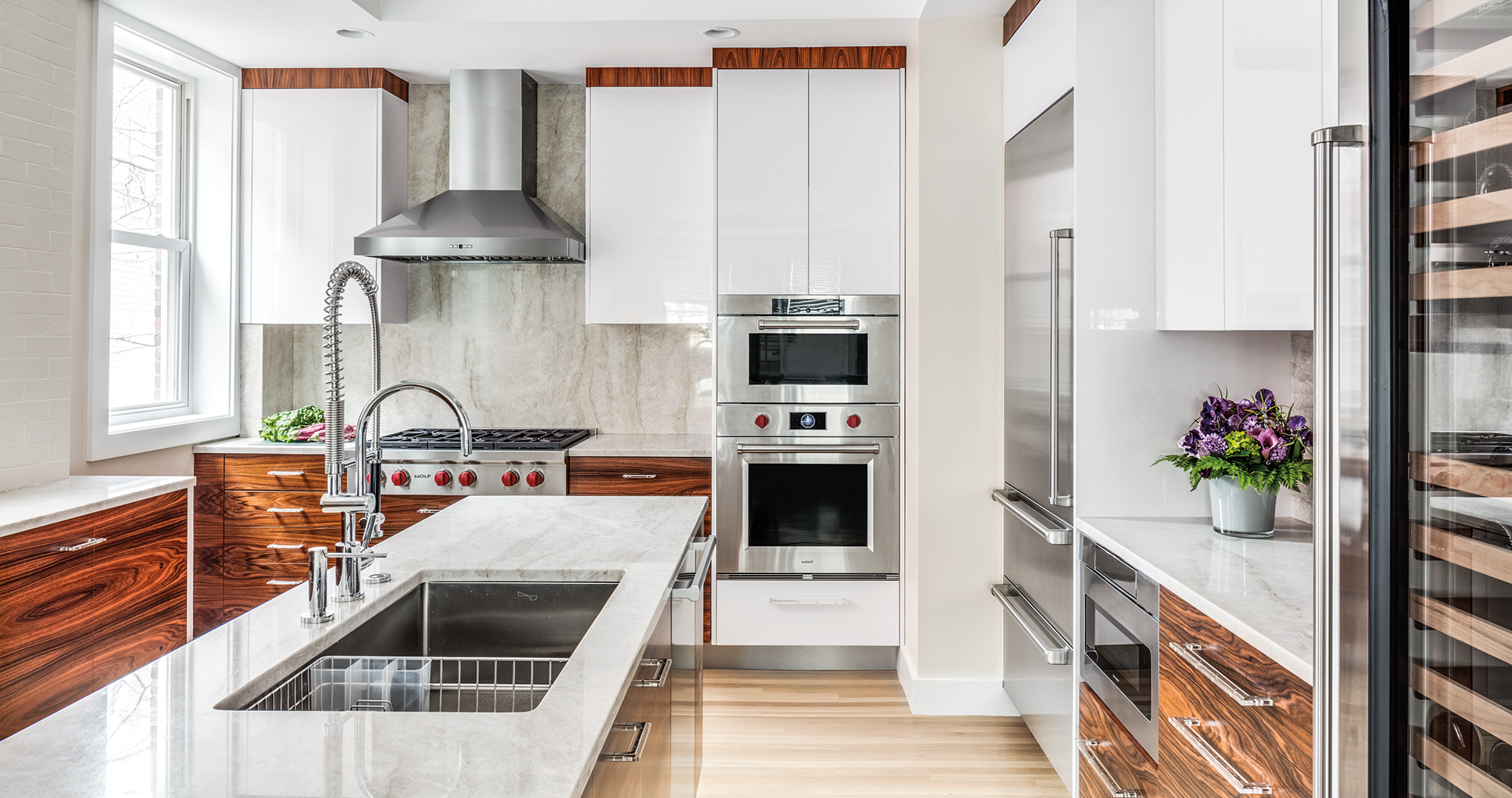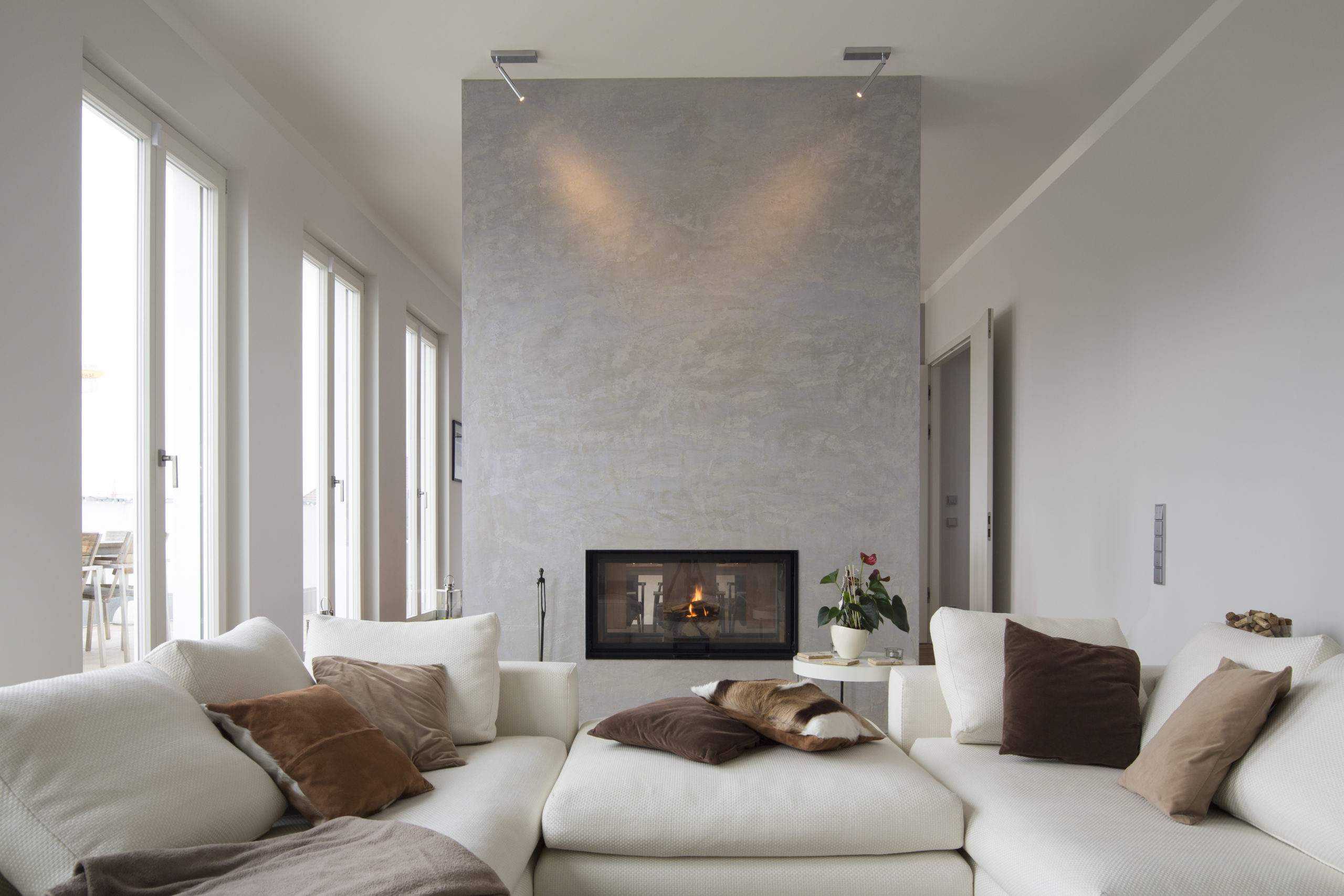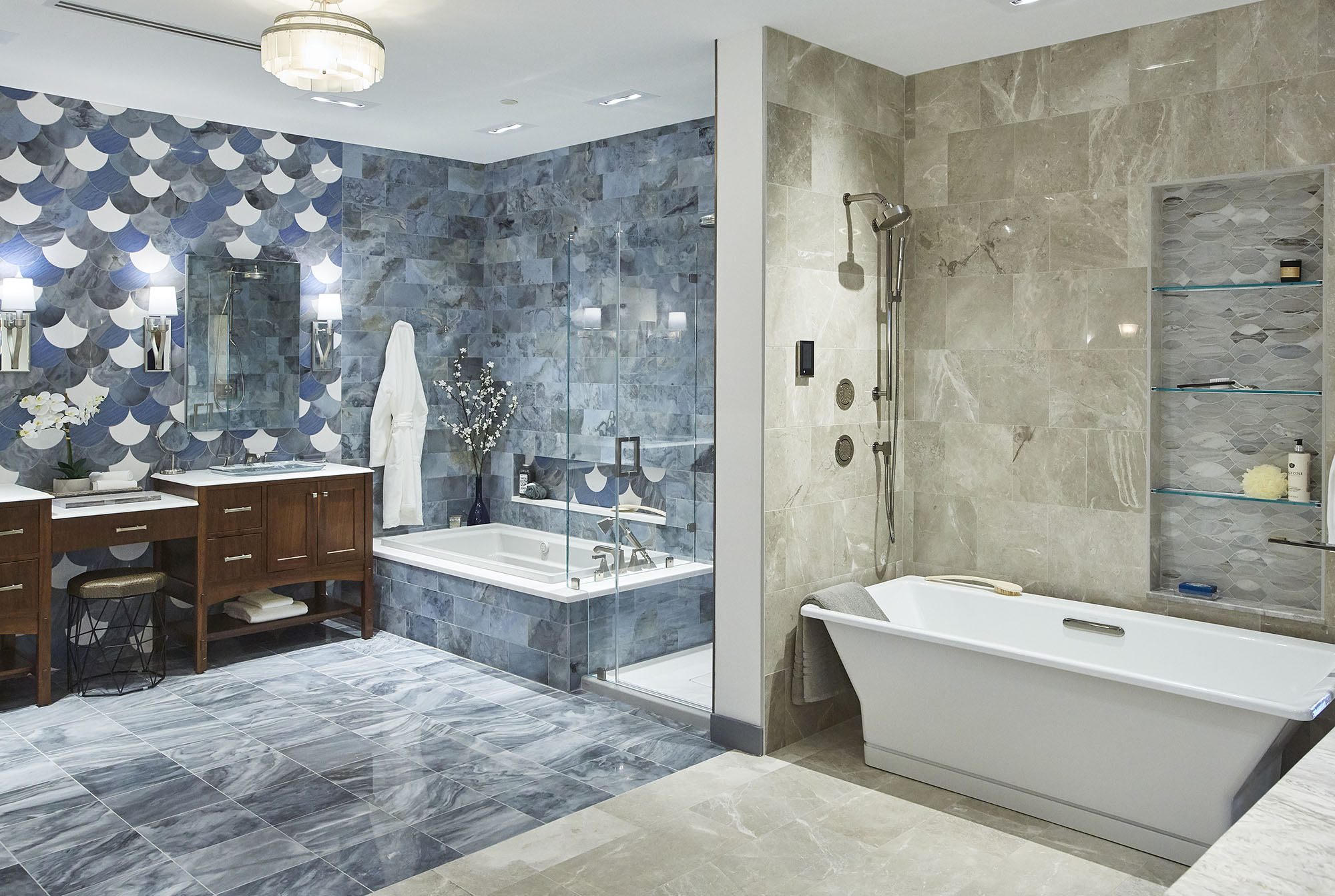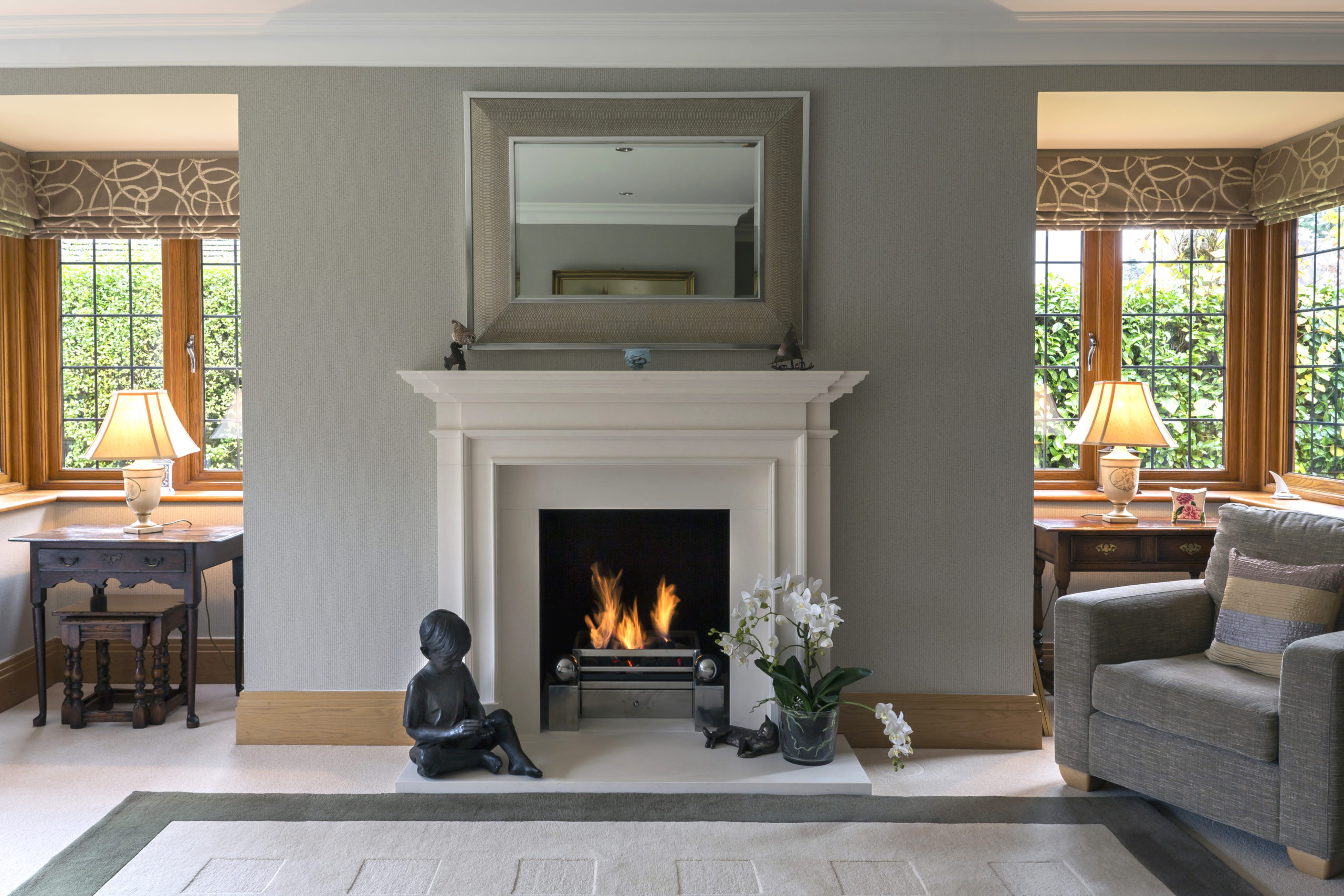
How to Buy Energy-Efficient Appliances
Replacing your old kitchen hardware with brand new, energy-efficient appliances is the surest way to cut long-term utility costs.



Replacing your old kitchen hardware with brand new, energy-efficient appliances is the surest way to cut long-term utility costs.

Now that the winter months are upon us, do you once again dread another season of sky-high heating and electric bills? You can control the thermostat.

A drafty house and high utility bills are signs that your home could benefit from some insulation upgrades and caulking improvements.

As weird as it sounds, summer might be the perfect time to install a new fireplace or update an old fireplace that’s already in your home.

Living a more sustainable lifestyle doesn’t have to be expensive or time-consuming. Some minor changes can cut expenses and improve your quality of life.

Here are some of our favorite ways to maximize small spaces and make your house feel larger than it is with bigger & brighter appeal.